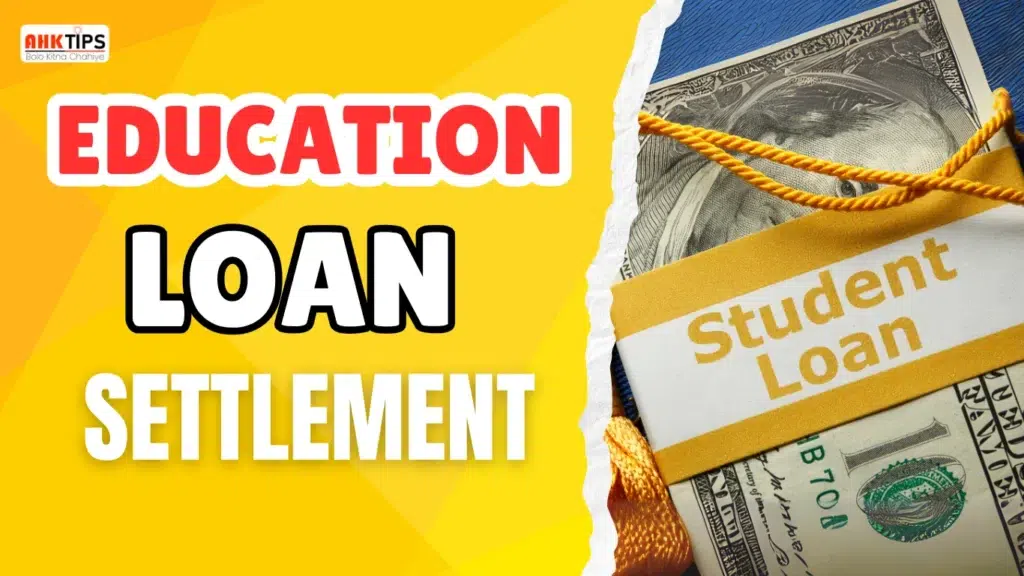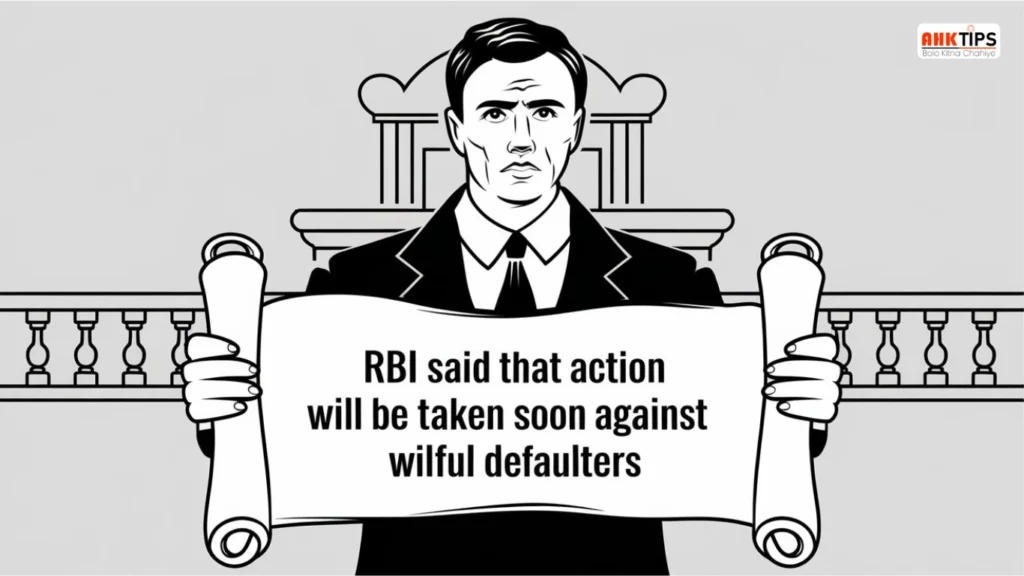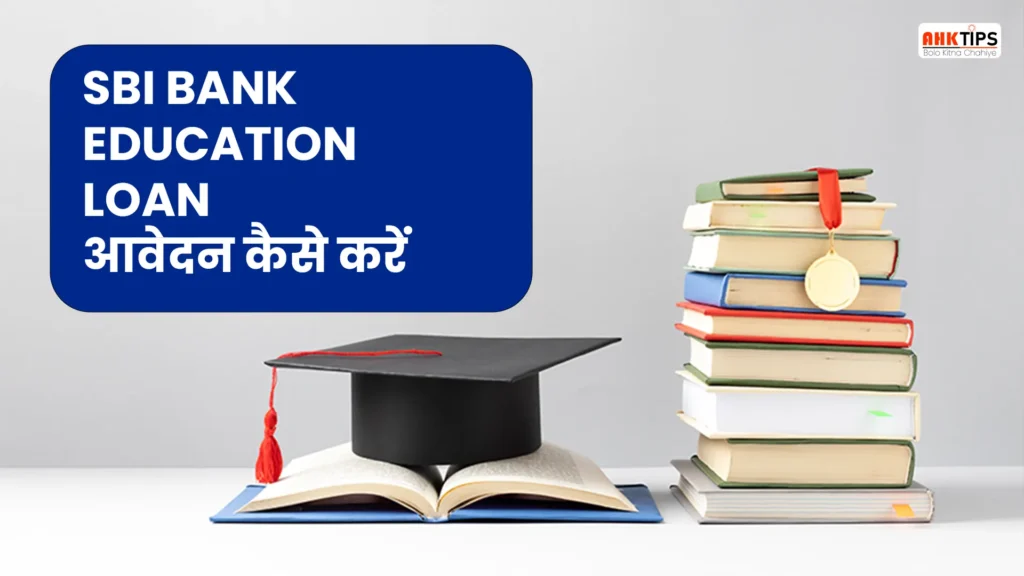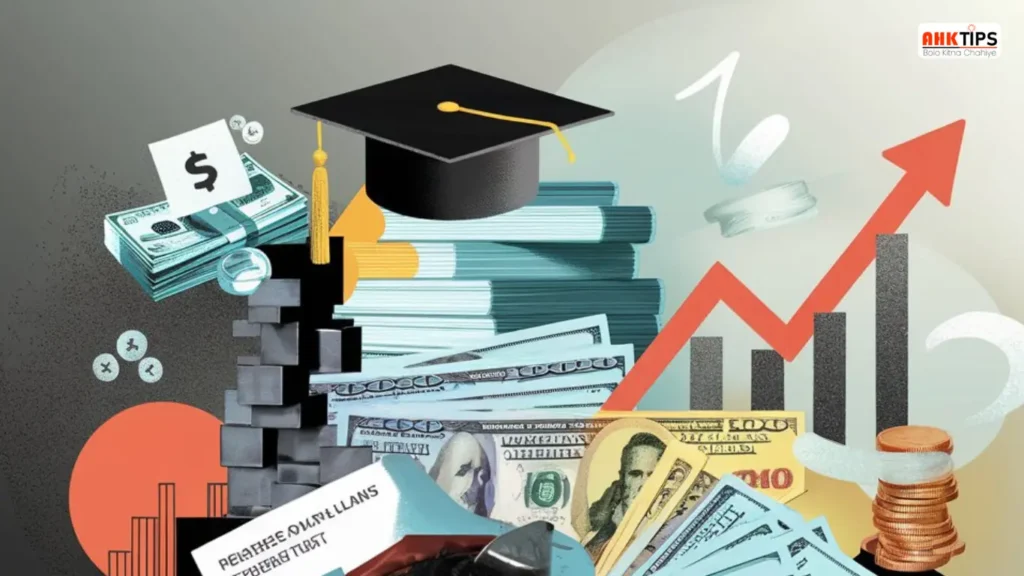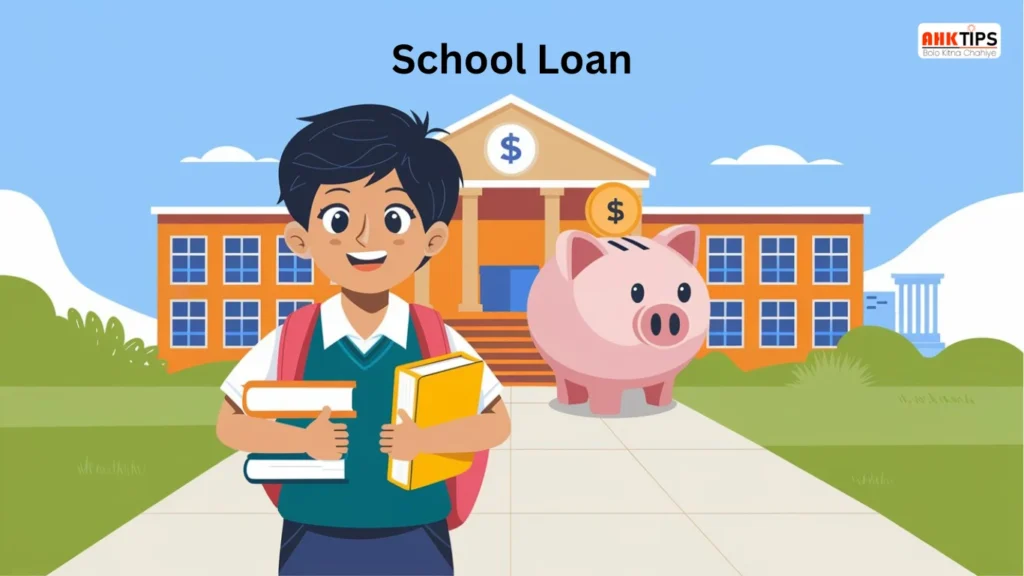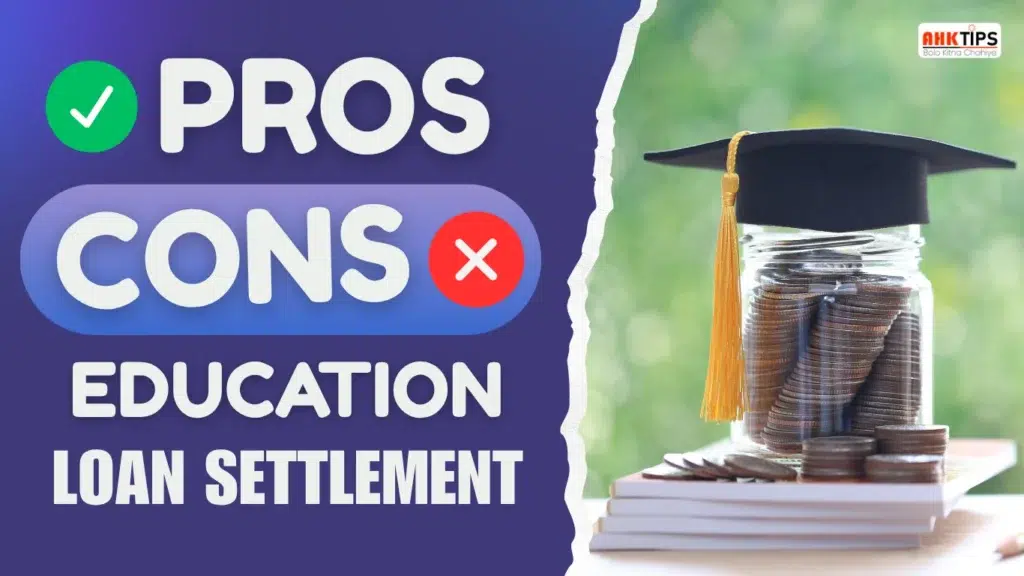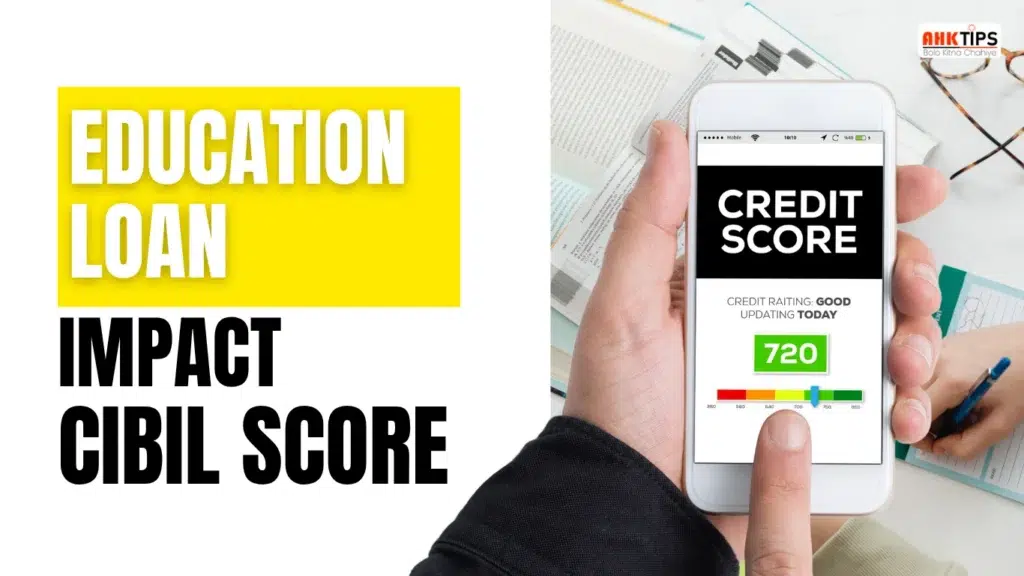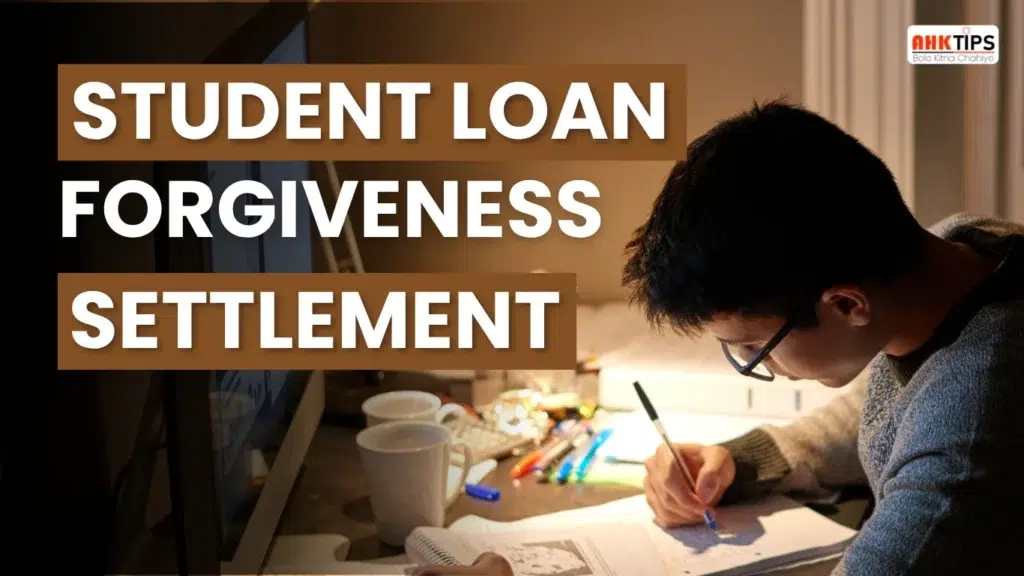Summary
In India, a borrower who finds themselves unable to pay back their loan due to major financial difficulties can choose to settle their loan under the education sector. It lets the bank take a lump sum payment less than the entire amount owed. Usually offered either when the borrower has no income, job, or co-borrower support or if the loan becomes a Non-Performing Asset (NPA). Still, it should only be taken into account once choices, including EMI restructuring or moratorium extensions, have been tried. Settlement can lower your chances of obtaining future loans or employment, as well as your credit score. Always get a formal agreement. Borrowers should also be aware of the legal and tax consequences. Try alternatives to settling if at all possible to guard your credit and future income. Early contacts with the bank and careful planning will help to prevent settlement.
Introduction
Many Indian students can fulfil their dream of education by availing an education loan. However, some students are not able to repay the amount after getting an education on account of the scarcity of income, loss of job, or financial tribulations, and so on. But in all these situations, repayment of an education loan may be feasible. This is the agreement by the bank to take a smaller lump sum payment instead of the whole loan. It will come with major negative effects, such as a decline in credit score and trouble obtaining future loans. This page details when and how to decide on an education loan settlement, who qualifies, how it will impact your credit and career, and other options. Knowing the process will enable you to decide wisely and guard your financial future.
When Can You Opt for Education Loan Settlement in India?
For those hoping to further their education, loans can be a fantastic help; yet, if you can’t find consistent work after graduation, payments might start to weigh heavily. With such circumstances, loan settlement might be a choice. Still, it’s crucial to know when to give student loan settlement priority and whether one qualifies.
What Is Education Loan Settlement?
The settlement of an education loan is when the lender agrees to take a lump sum less than the outstanding debt. Usually presented when the borrower is unable to pay back the loan owing to financial difficulties, or protracted default is a financial difficulty.
Who Is Qualified for the Settlement of Education Loans?
Financial Restrain
If you are unable to pay back your loan for reasons like job loss, medical emergencies, or a major income cut, you might be eligible. Before allowing a settlement, banks assess your ability to repay.
The Loan Is in Default
Usually offered after the loan becomes a non-performing asset (NPA), settlement indicates that the loan has been unpaid for longer than ninety days. Banks could, at this point ,want a one-time settlement to help lower their losses.
Completion of Moratorium Period
Most school loans have a moratorium period—that is, the period during and following the course in which repayment is not mandated. Only once this period finishes and regular EMIs have started but remain unpaid for a considerable length of time, can you talk about settlement.
No Co-borrower Support
You can be qualified for settlement if your co-applicant—typically a parent or guardian—is also having financial problems or cannot be able to pay back the loan. Usually, before making a settlement offer, banks evaluate the financial background of co-borrowers.
When Is the Right Time to Opt for Settlement?
After Exhausting Other Options
Settlement should only be taken into account once all other options, such as:
- E-moving restructuring of debt
- Extension of the period of repayment
- temporary respite or grace period
These choices preserve a good financial record and have less effect on your credit score.
When Legal Action Is Imminent
Settlement will help to prevent more legal and financial issues should your loan be at risk of being sent to a debt recovery tribunal (DRT) or r legal notice be received.
How to Approach Education Loan Settlement
Contact the Lender Directly
Start by calling your lender or bank. Describe your circumstances and ask to look at possible settlements. It’s crucial to keep open lines of contact and offer records attesting to your financial situation.
Request a One-Time Settlement Offer
Usually providing a One- Time Settlement (OTS), banks write off the remaining after you pay a lump sum less than total owed. Ask to get this in writing and receive a formal agreement.
Points to Remember Before Opting for Settlement
Credit Score Impact
Resolving your college debt will lower your CIBIL score and show on your credit report for numerous years. This can make it more difficult to obtain credit cards or fresh loans down the road.
Legal Agreement Is a Must
Make sure the lender sends you a formal settlement agreement always. It should be abundantly evident that after the settlement is paid, no more dues will be claimed.
Tax Implications and Waivers
The tax authorities occasionally may view the written-off amount as income. You should find out whether your case qualifies for any tax waivers or responsibilities.
Final Thoughts
Making a wise financial decision depends on knowing whether one qualifies for the settlement of an educational loan. Although it is not a first choice, when payback is not feasible it is a final alternative. Make sure you investigate all of your options and gently bargain with your lender.
Impact of Education Loan Settlement on Your Credit Score and Career
Especially if you’re having trouble paying back an Education loan settlement, settling one can feel like a relief. But it has drawbacks as well. Most students and young professionals ignore the career-related consequences; the credit score following loan settlement usually declines.
What Happens in an Education Loan Settlement?
Your bank agrees to take a lesser sum than what you once owed when you choose loan settlement. Usually, this results from default on payments and inability to pay even after several warnings. The bank shows your loan in your credit report as “settled” rather than “closed even though it writes off some of it.
How Education Loan Settlement Affects Your Credit Score
Drop in Credit Score
Your credit score normally suffers greatly following a settlement. Lenders consider a “settled” status as a red flag since it suggests that the whole loan was not paid back. For many years, this bad record stays on your credit report and reduces your chances of future credit approval.
Difficulty Getting New Loans
Lending to someone who has past loan settlement causes banks and financial institutions great hesitation. Applying for a credit card, personal loan, or even a house loan could cause you rejection. Should you be approved, the terms or interest rate could be somewhat stringent.
Impact on Credit History Duration
If paid on schedule, education loans often help create a long and favourable credit history. Once settled, though, they skew your credit record. Your credit report shows financial struggle and non-compliance rather than careful repayment.
Career Impact of Education Loan Settlement
Background Verification Issues
Many companies, particularly in the financial, government, or international sectors, run background checks including a review of credit reports. A “settled” loan on your report could cast questions about your financial discipline.
Visa and Immigration Complications
Others evaluate your credit behaviour during the immigration process. Should your student loan show as settled and unpaid, visa permissions for travel or employment overseas could be delayed or impacted.
Reduced Financial Confidence
Although this is not a defined outcome, many young people say they feel less confident about their financial prospects following loan repayment. This could cause them to hesitate to apply for new opportunities or take financial risks.
What You Can Do After Settlement
Consolidate Your Credit Score
Starting to rebuild your credit score requires:
- Swinging a secured credit card
- Making timely payments for all upcoming expenses, Minimising credit use
- Avoiding unnecessary loans
Though the “settled” status stays for a few years, your credit score will gradually recover with responsible activity.
Get a Written Agreement
Always ask your bank for a documented settlement letter attesting to no more owing. If you ask for a new loan, this clarifies to other lenders and guards you from potential legal or collection problems.
Disclose Settlement When Necessary
If a job application calls for complete transparency, it’s better to be open and fairly explain the circumstances. Show your better financial practices since the settlement.
Government Policies and RBI Guidelines for Education Loan Settlement
Although loans help with academic goals, unemployment, financial trouble, or unexpected events in life could make paying back difficult. Under these circumstances, one decision might be to settle. Knowing government rules and RBI recommendations on the settlement of the college debt will help you to make sensible decisions.
RBI Guidelines on Education Loan Settlement
The Loan Must Be Classified as NPA
RBI guidelines state that a loan becomes Non-Performing Asset (NPA) should there be no repayment for ninety days after the moratorium or E MI start date. Only once the loan becomes an NPA does banks give settlement any thought.
One-Time Settlement (OTS) Policy
Banks implement a One-Time Settlement (OTS) program under the RBI direction. The borrower pays a lump sum under this less than the total due. Written off is the left-over. Not a right, this is a discretionary relief provided by the bank based on the financial position of the borrower.
Priority Sector Lending and Education Loans
What education loans hide is Priority Sector Lending (PSL). RBI tells banks to manage recovery with flexibility especially in cases if the borrower is underemployed or unemployed. This does not mean, however, automatic settlement approval. Banks have to assess every element separately.
Reporting to Credit Bureaus
The RBI requires all loan settlements—including write-offs for student loans—recorded to credit bureaus like CIBIL. The debt will show as “settled,” which affects future borrowing ability and credit score of the borrower.
Government Initiatives Related to Education Loan Relief
Credit Guarantee Fund Scheme for Education Loans (CGFSEL)
Under supervision by the National Credit Guarantee Trustee Company (NCGTC), the CGFSEL provides guarantee coverage for school loans up to a designated maximum. Should the student default, the bank can recover some by utilising this guarantee. This does not mean, though, that the student is free from their obligations. Settlement calls for some negotiating yet.
Moratorium and Grace Periods
The government mandates a moratorium period both throughout the course of business and few months following completion before payments commences. Banks have to follow this before beginning their process of recovery or settling.
SARFAESI Act and Recovery Limitations
While banks have rights under the SARFAESI Act to recurrences, they cannot implement aggressive recovery plans on education debts without first following due process. Especially for student borrowers, the RBI has stressed moral recovery strategies.
How to Approach Settlement Under RBI Guidelines
Apply in Writing
You have to ask for a settlement mentioning your financial problems. Add information include medical records, job status, or income verification to strengthen your claim.
Negotiate a Fair Settlement
Internal guidelines allow banks to negotiate the settlement value. Always ask for a written settlement offer; keep notes of all the letters.
Understand the Impact
The RBI lets you pay, but there are negatives like a “settled” credit report note, reduced credit score, and limited loan access. It should only be considered when there is no other practical means of payment.
How to Negotiate an Education Loan Settlement with Indian Banks
Dealing with issues returning your student loan might be taxing. Negotiating a debt settlement with your bank will help when payback becomes difficult. Knowing how to negotiate debt settlement with banks can enable you to secure a fair deal and help you avoid future financial difficulties.
Understanding Education Loan Settlement
Under an agreement known as college loan settlement, the bank gets a lump sum payment less than the whole amount outstanding. Usually this solution is offered when the borrower is unable to pay back owing to financial difficulty and the loan has either gone past due or labeled as a non-performing asset (NPA).
Steps to Negotiate Education Loan Settlement with the Bank
Assess Your Financial Situation
Check your current income, spending, and outstanding loan balance before visiting the bank. Clear awareness of your financial situation facilitates your proposal of a reasonable settlement offer.
Gather Required Documents
Before they agree to pay, banks need documentation of financial hardship. Gather notes comprising:
- Income statements or salary slips
- Medical certificates or proof of absence
- Financial records
- Notes about loan records
These back your case for a settlement.
Contact the Bank’s Loan Recovery Department
Ask the loan recovery or customer care division of your bank. Tell them straight forward about your financial situation then ask about preferred settlement choices.
Propose a Reasonable Settlement Amount
Your financial investigation will help you to propose a capability for lump sum payments. Although banks usually expect less than the sum outstanding, your offer should be reasonable and believable.
Request a Written Settlement Offer
Should the bank agree in principle, ask for a written settlement offer including the agreed-upon amount, payment schedule, and assurance that the outstanding debt would be released. Never depend just on words of agreement.
Tips for Successful Negotiation
Be Polite and Patient
Bank staff members are happier to deal with debtors who treat others politely and demonstrate eagerness to pay back debt.
Show Genuine Hardship
Clearly showing your missed deadlines raises your chances of an acceptable settlement.
Avoid Delaying Tactics
Communication problems could escalate your situation or cause the bank to take legal action.
Seek Professional Help if Needed
If talks get tough, you could seek advice from a loan settlement-oriented legal or financial counsellor.
Things to Keep in Mind
Impact on Credit Score
Your credit report indicates a different settled debt level, which may reduce your credit score and hence influence loan approvals going forward.
Get All Agreements in Writing
To prevent such conflicts, be sure both sides have signed and recorded the final settlement agreements.
Understand Tax Implications
Tax officials could classify loan amounts forgiven by banks as income. See a tax accountant as called for.
Dealing with the bank on your school debt settlement calls for integrity, preparedness, and honest open communication. Knowing your rights and the policies of the bank will enable you to decide how to reduce your financial load and keep your future creditworthiness.
Alternatives to Education Loan Settlement: Avoid Damaging Your Credit
If you are having problems paying back a school loan, settling it could seem like a simple cure. Still, loan settlement might greatly affect your financial future and drastically damage your credit score. Knowing replacements for loan settlements may help you to better manage your debt without sacrificing your credit.
Why Avoid Education Loan Settlement?
The bank marks your student loan on your credit record as “settled” or “partial payment” upon payment off. This lowers your credit score and complicates your search for credit cards or future loans. It appears on your credit report for several years as well.
Alternative Options to Manage Education Loan Repayment
EMI Restructuring or Rescheduling
Bank E MI restructuring allows you to either extend the payback time or reduce monthly EMIs. This enables decent returns free from default and helps to reduce the financial stress.
Moratorium Extension
Should you be without a job or have temporary financial problems, you can request a moratorium term extension—that is, the period before you start to repay. This gives you more time to stabilise your income before beginning repayments.
Loan Conversion to Term Loan
Some banks allow you convert the college loan into an adjustable payback term term loan. This will reduce your E MI burden and free more time for payback.
Personal Loan for Debt Consolidation
If the EMIs on your student debts are expensive, borrowing a personal loan with less interest will help. This helps to mix your debt and simplifies repaying even if it should be performed correctly.
Government and Bank Support Schemes
Credit Guarantee Fund Scheme for Education Loans (CGFSEL)
The government assures banks of initiatives, thereby inspiring them to offer debtors in actual difficulty several debt options and aid.
RBI Moratorium and Relief Guidelines
RBI usually releases policies allowing banks to offer moratoriums and restructuring options during financial crises, such as pandemics or economic downturns.
Tips to Avoid Loan Settlement
Communicate Early with Your Bank
Tell your bank right away should you find difficulties making payments. Early communication can lead to better choices than settlement—that is, rearrangement.
Maintain a Budget
Proper financial planning can help you avoid default; give loan payback first importance.
Seek Professional Financial Advice
See a financial expert to look at payment options free of damaging your credit score.
Choosing these substitutes for loan settlement helps you protect your credit score and maintain your financial reputation. Choosing a suitable plan ensures that you meet your loan criteria without sacrificing your future borrowing capacity.
Conclusion
Education debt settlement can be an excellent choice if you are facing serious financial problems and cannot pay back your loan. It strains you by letting you pay down the debt for less overall. Still, a settlement affects your credit score and could affect your chances for a loan or future job. Try all choices, including debt reduction, EMIs restructuring, or moratorium extension, before deciding on this road. Always seek a formal agreement and completely grasp the contents if you still have to settle. Tell your bank straightforwardly and show your actual difficulty. Good preparation and honest communication can help you control your debt and begin to restore your financial situation. Choose carefully to save your future and credit.
FAQ’s
If you are suffering severe financial difficulties—job loss or medical problems included—and cannot pay back the loan, you might want to look at debt settlement. Usually allowed once the debt shows as a Non-Performing Asset (NPA), meaning unpaid for more than ninety-days.
Giving concessions lowers your credit score. Your credit report will reflect debt as “settled,” rather than “closed,” which could lower your future loan or credit card eligibility.
You may need to submit income proof, medical records (if applicable), a job loss letter, or other documents to show financial hardship.
Yes. You can try EMI restructuring, moratorium extension, debt consolidation, or seek government support schemes before opting for settlement.

